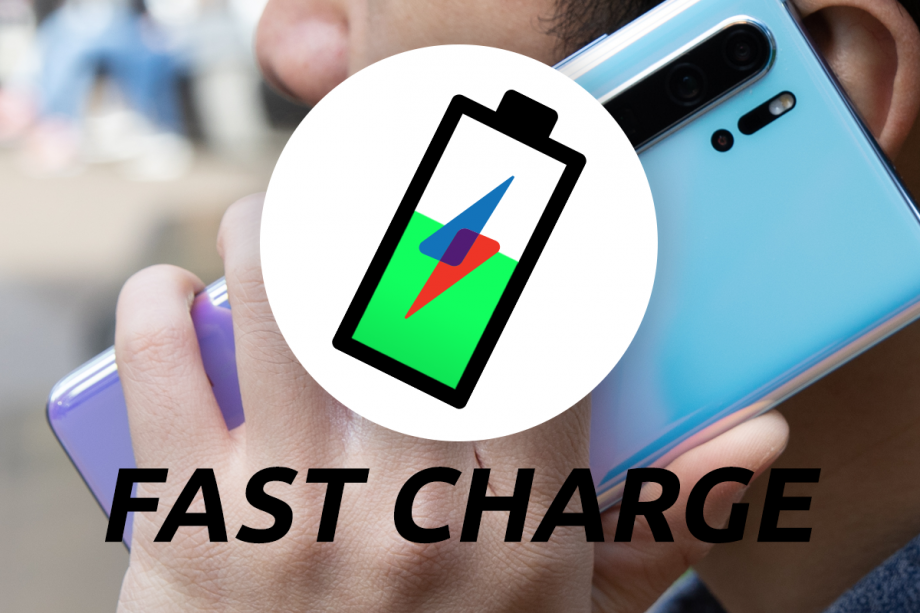Fast Charge: Switching networks by text has come at just the right time

Now that you can switch mobile network just by text message, 5G connectivity will become more affordable for the consumer — and that’s great news.
It was recently announced that UK customers will no longer have to get on the blower if they want to cancel their contract and change their mobile networks; now, providers must supply this service if they receive a free-to-send text from their customers. You’ll still have to pay off any outstanding money on your contract of course, but this tweak to the rules will still end up saving a lot of people money.
The impact of this change can already be observed thanks to statistics provided by the regulator. Ofcom claim that 39% of people were put off changing their contracts by the fact they would have to contact network providers by phone. Anyone who’s had a bad-tempered conversation with an unpersuasive but perseverant customer service rep will understand why talking over the phone is off-putting, but the positive consequences for consumers will go beyond a having to suffer fools (gladly or otherwise). By lowering the difficulty of switching, networks will have to be more competitive based on face value deals alone, while canny hagglers can of course still try their luck negotiating over the phone for a better deal.
The potential savings alone are good news, but greater competition is particularly pertinent right now because networks are on the cusp of truly transformative change, with the launch of 5G connectivity beginning this year. So far only EE and Vodafone have unveiled their 5G networks, which is limited to a handful of the biggest British cities. We hope that this competition will benefit the market in two ways: firstly by reducing the cost of 5G contracts, and secondly by encouraging the rollout of 5G across the country.
The price of 5G contracts are already prohibitively expensive. Take EE’s deal on the Samsung Galaxy S10 5G for instance: it currently costs £74 per month for the device and just 10GB of data per month. That’s a huge tariff for a relatively small amount of data. Vodafone appears to fare better, offering the same handset for £72 per month and unlimited data; but read the small print, and you’ll see that download speeds are capped at 2Mbps. The lack of value is exacerbated by the fact there are only two 5G networks available in the UK; Three and O2 will soon join the party, and that’s when switching between networks at the click of a button could start paying dividends for consumers.
The second area of potential improvement is in overall coverage. We’re still in early days for the network, but despite the prices quoted above the network is limited not just to larges cities, but to small areas within them. Networks have unveiled ambitious plans to spread 5G connectivity far and wide, but this should only be incentivised by impatient customers switching their provider to one that better serves their local area. In fact more peripheral areas could stand to benefit the most from improved connectivity.
But you might ask; why the rush for 5G? Many people may feel well-suited to 4G as it is, without seeing any obvious need to upgrade. But 5G isn’t just a smidgen faster than 4G: speeds are up to one hundred times as fast. For a tangible example, you could now download an entire HD movie in approximately six seconds. But the real excitement is not about what 5G can do for our current lifestyles as things stand, but rather the potential it has to change our lives in ways beyond our current paradigm. Just briefly considering the ramifications for tools such as cloud computing, the Internet of Things, Augmented Reality, and streaming services, leaves us reeling from all the possibilities.
5G is a great opportunity for making everyone more interconnected in ways we don’t yet understand, and fierce competition among mobile networks should make this bleeding-edge technology more affordable and accessible for everyone in the long term. With mobile data hitting speeds as fast as you can imagine, and so it’s great news that customer transactions can finally be just as quick.


